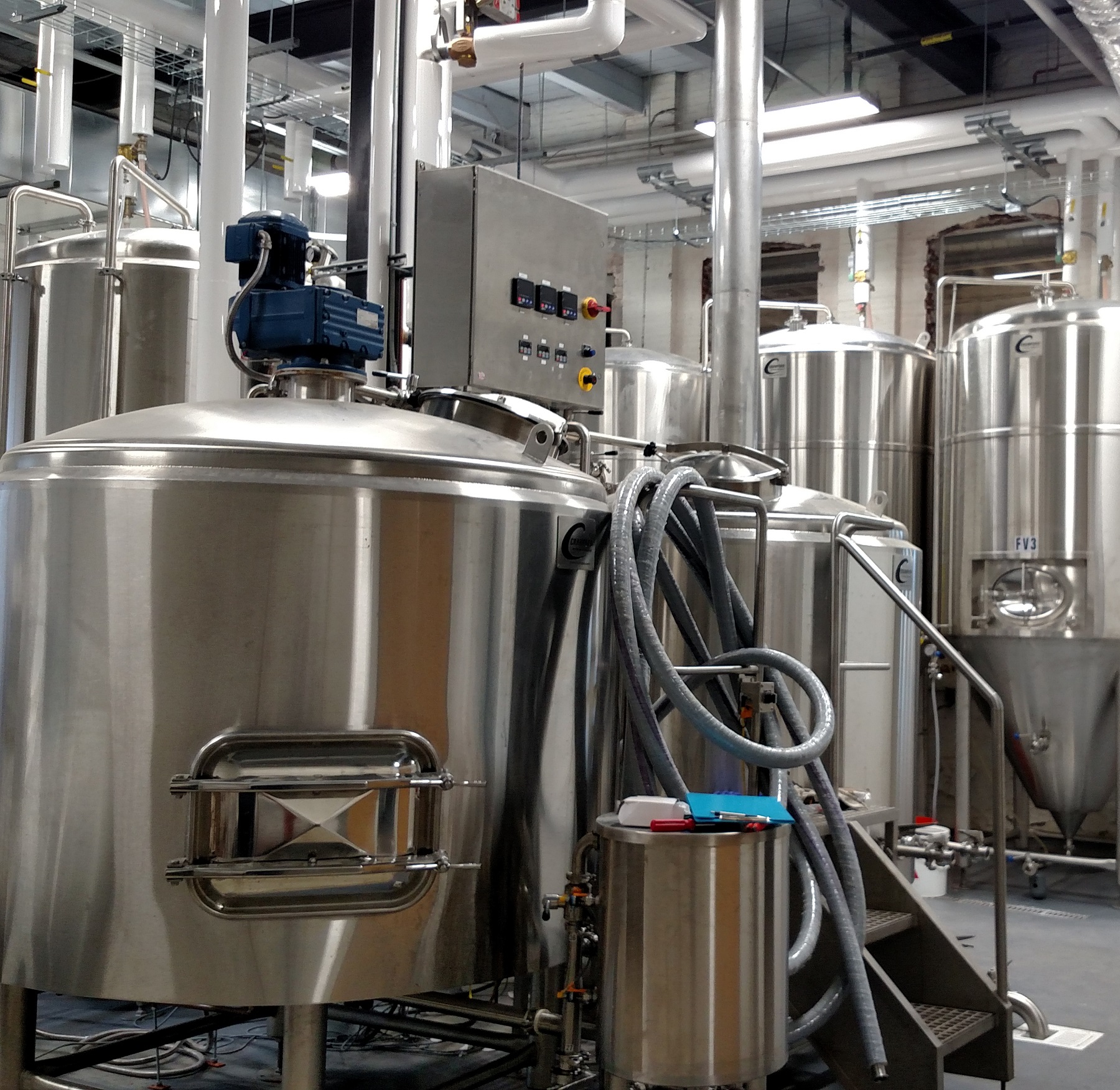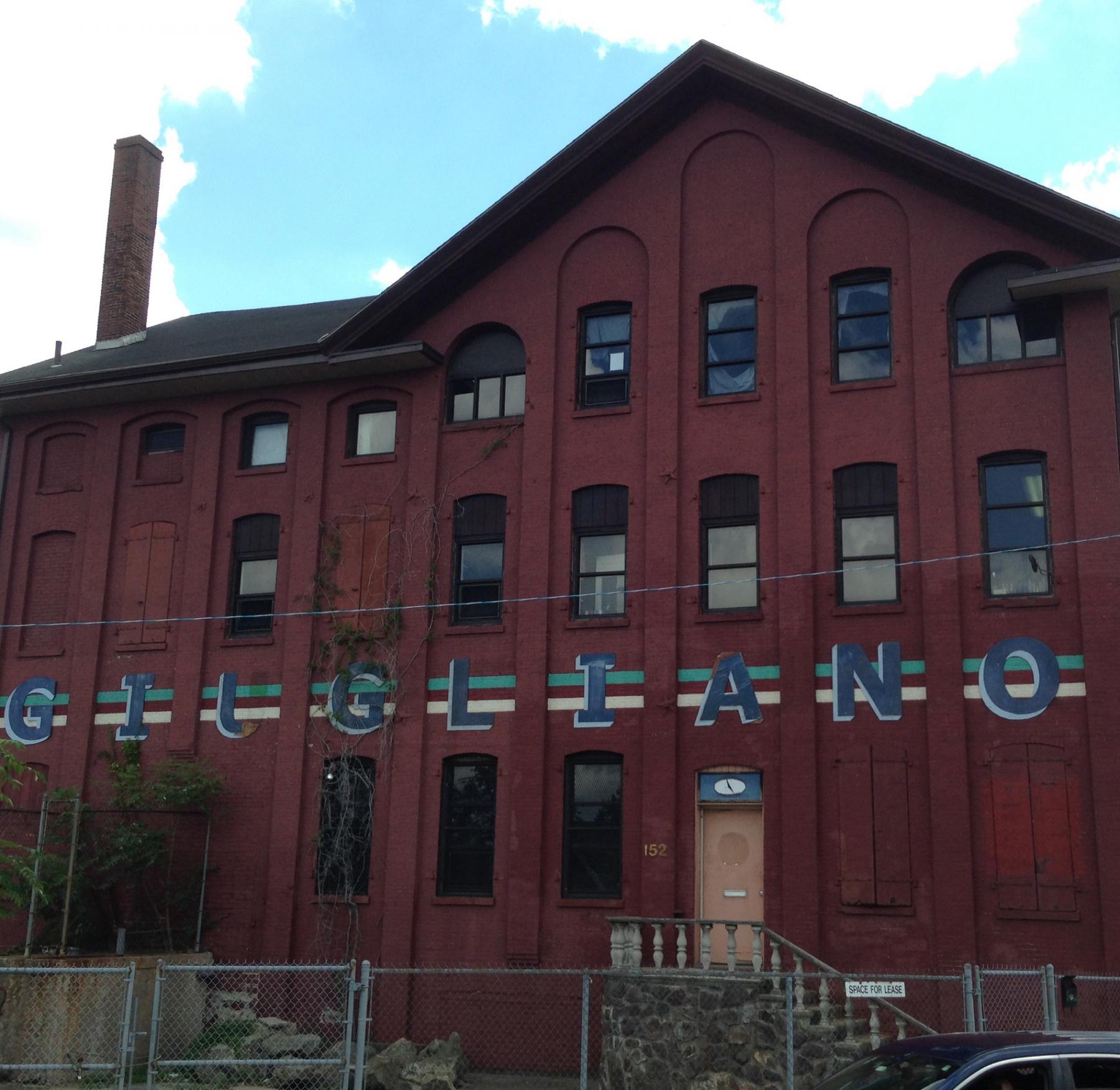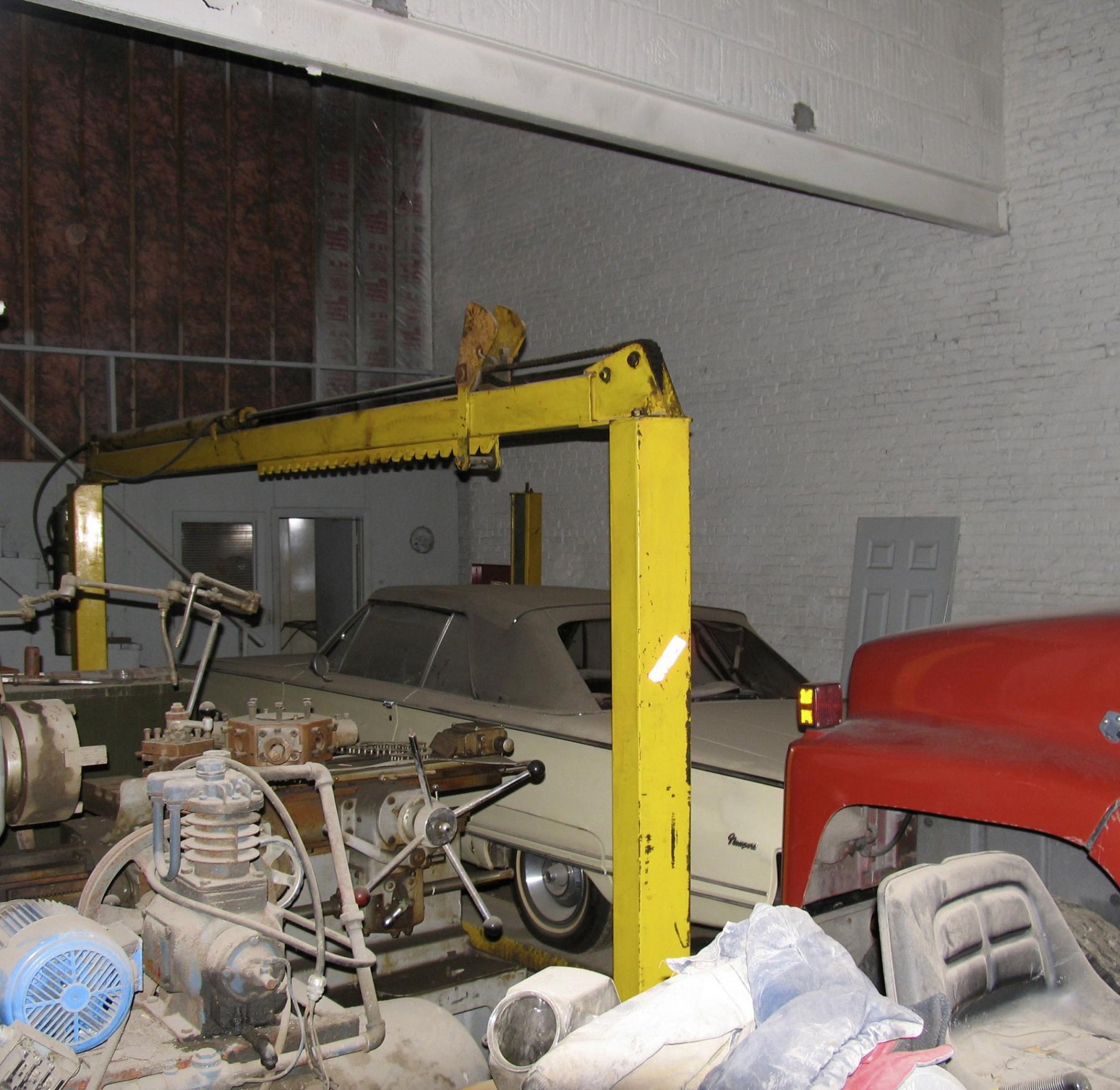42.3277856, -71.0748011
The 19th century building at 152 Hampden Street in Roxbury had seen better days. Originally home to the Boston Piano Company, it subsequently housed Hall Treadle Works, Stimler Machine Shop, and the Peet Valve Company. By the time Michael Feldman looked at the building to house his survey company, the first floor was a dirty storage space for cars and bicycles. But he was able to see beyond what was in front of him to envision what the building could be. He saw a new life and energy he could bring to the building and to the Roxbury community.
After an extensive renovation, the large masonry structure is now Feldman’s headquarters. The offices on the upper floors embrace original features of the building with exposed beams and restored metal doors. The first floor is now home to a local brewery (first, Backlash Beer Company, now Long Live Roxbury) and invites Roxbury residents to commune and engage with the space. The Feldman company strives to be part of the community, bringing jobs and internship opportunities to local students and adding vibrancy to the neighborhood.
“An old piano factory, a brewery, and a land surveying company with roots in transits and tape measures now embracing lasers and drones, seem like an odd blend, but in fact demonstrate the ultimate creative fusion that breeds success, vibrancy, and character of a modern city,” says Greg Galer, Executive Director of the Boston Preservation Alliance. “When a small, local business falls in love with a historic building enough to take on its renovation for itself, embraces their neighborhood including its nearby school and students, and then opens its doors with a brew pub, what’s not to applaud? The fact that preservation is community based is exemplified at the highest level here.”
Owner/Developer:
Architect:
Project Team:
Bay Colony Development Corp.
Boston Environmental Corp.
C3
Eastern Bank
Goulston & Storrs
HW Moore Associates, Inc.
The Lagasse Group
McPhail Associates, LLC
Perishable Management Services
RP Marzilli & Company
TFMoran Inc.
In the News
As neighborhoods change over generations, it’s important that touchpoints to their past both remain in place and sensitively evolve to maintain their relevance.







